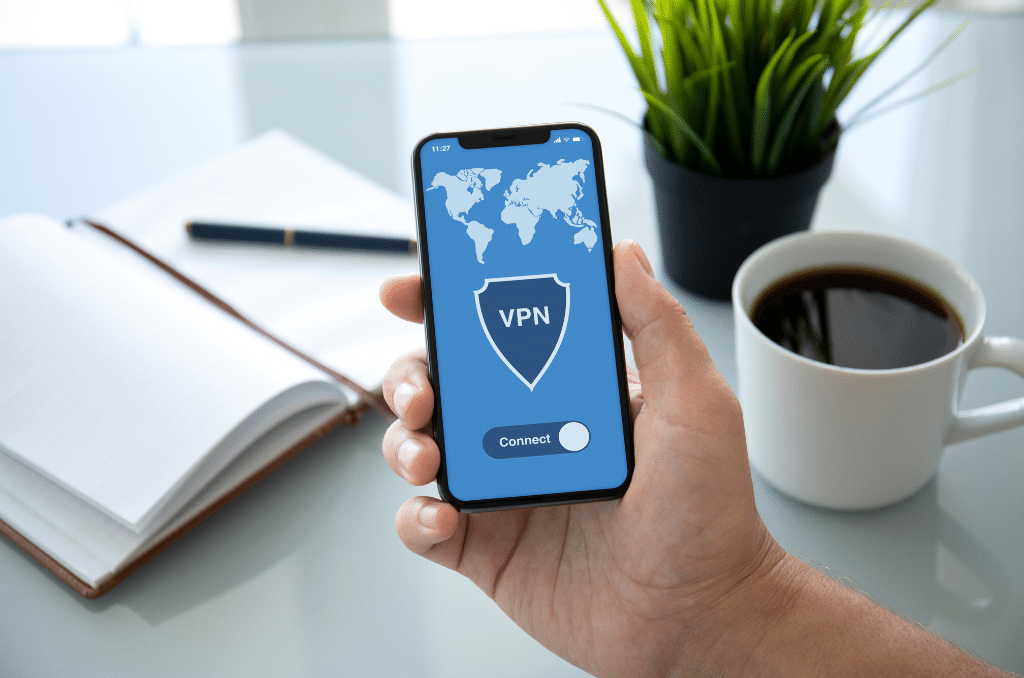In today’s interconnected digital world, online privacy and security have become paramount concerns for individuals and businesses alike. As cyber threats continue to evolve, many people are turning to Virtual Private Networks (VPNs) as a reliable solution to safeguard their sensitive data and maintain anonymity while browsing the internet. However, with an overwhelming number of VPN providers on the market, selecting the right one to suit your specific needs can be a challenging task. This article aims to provide valuable insights and tips to guide you in choosing the ideal VPN for your requirements, ensuring optimal protection, seamless performance, and peace of mind in the virtual realm.

Selecting the Appropriate VPN to Suit Your Requirements:
1. Security and Privacy Features:
Security and privacy are paramount when selecting a VPN. Look for a provider that employs robust encryption protocols, such as AES-256, which is considered highly secure. Other reliable tunneling methods include OpenVPN, IKEv2, and L2TP/IPsec. These protocols create a secure “tunnel” between your device and the VPN server, safeguarding your data from prying eyes.
To ensure maximum privacy, opt for a VPN with a strict no-logs policy. This means that the VPN provider doesn’t collect or store any of your online activities or connection logs. A transparent privacy policy is essential to guarantee that your data remains anonymous and protected, without being monetized or shared with third parties.
2. Server Locations and Speed:
The number and geographical distribution of VPN servers play a significant role in your VPN experience. A VPN with a vast network of servers across different countries gives you more options to find a fast and stable connection. Having servers in various regions allows you to access region-restricted content and bypass geo-blocks.
Moreover, server load and capacity directly impact performance. Choose a VPN that regularly updates and maintains its server infrastructure to handle increasing user demands. This ensures that you enjoy consistent speeds and minimal latency, even during peak usage times.
3. Compatible Devices and Simultaneous Connections:
Consider the devices you use regularly and make sure the VPN is compatible with all of them. Reputable VPN providers offer apps and software for Windows, macOS, iOS, Android, Linux, and even some routers.
Additionally, check the number of simultaneous connections allowed on a single account. Some VPNs permit multiple connections, meaning you can protect multiple devices at the same time without having to purchase separate subscriptions for each.
4. Customer Support:
Reliable customer support is crucial, especially when technical issues arise or if you need assistance in setting up the VPN. Look for a VPN provider that offers 24/7 customer support through various channels like live chat, email, or phone. Prompt and knowledgeable customer service ensures that you get timely help, enhancing your overall experience with the VPN.
Reading reviews and user experiences can give you valuable insights into the quality of customer support provided by different VPN providers.
5. Trial Period and Money-Back Guarantee:
Before committing to a long-term plan, see if the VPN offers a trial period or a money-back guarantee. A trial period allows you to test the VPN’s features, speed, and compatibility with your devices without fully committing.
A money-back guarantee, typically ranging from 30 to 45 days, provides a safety net in case the VPN doesn’t meet your expectations. Ensure you understand the refund policy, as some VPNs may have certain conditions or restrictions on refund eligibility.
6. Speed and Performance:
VPNs can potentially slow down your internet connection due to the encryption and routing processes involved. When choosing a VPN, consider one with a reputation for minimal speed loss and fast performance.
Some VPN providers offer specialized servers optimized for streaming, gaming, or torrenting. These servers are designed to handle specific types of internet activities more efficiently, ensuring a smoother experience and minimizing any slowdown.
7. Torrenting and P2P Support:
If you’re planning to use the VPN for torrenting or peer-to-peer (P2P) file sharing, confirm that the VPN allows it on their servers. Not all VPN providers permit these activities, so it’s essential to check their policies beforehand.
Furthermore, some VPNs have dedicated servers for torrenting that are optimized for faster and more secure P2P connections. Ensuring torrenting support can be crucial if you frequently download or share files using P2P networks.
Also Read: Mobile Security and Antivirus for Android & iOS
Bottom line:
When it comes to selecting the right VPN for your needs, it’s crucial to prioritize your specific requirements. Consider factors like security features, encryption protocols, server locations, speed, and logging policies. Additionally, read reviews and comparisons from reputable sources to gauge the reliability and performance of different VPN services. Always opt for a VPN that aligns with your online activities and provides a user-friendly interface for seamless usage. Remember, investing in a trustworthy VPN will ensure your online privacy and data protection, granting you the freedom to explore the digital world with confidence.









